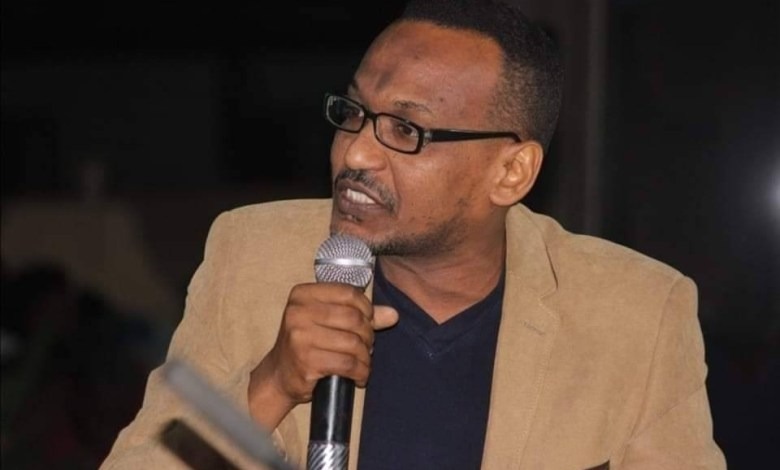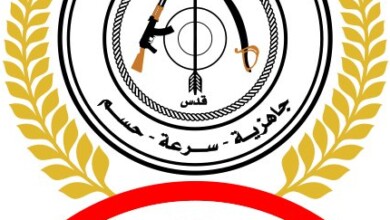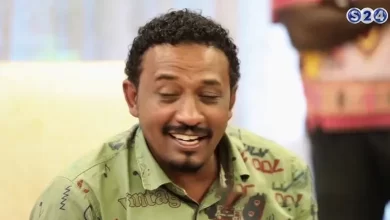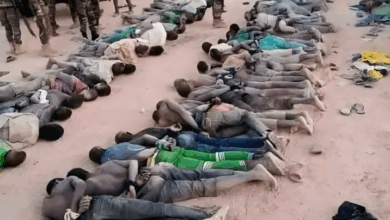Dr. Alaa El Din Nugud: SAF is the largest political party in Sudan

Dr. Alaa El Din Nugud described the Sudanese Armed Forces (SAF) as the largest Sudanese political party since Sudan’s independence, considering the relationship between the Sudanese Army and the Islamic Movement to be an inescapable (Catholic marriage).
Dr. Alaa shared, in statement via “Sena Space” on the (X) platform, a critical vision of the current situation in Sudan, addressing the division of the Coordination-body of the Democratic and Civil Forces (Tagadom), the complexities of the war, the role of the Sudanese Army, the international community, and the future of civilian rule in the country.
The Division of Tagadom
Dr. Nugud expressed his regret over the division of the Coordination-body (Tagadom) and stated that he was filled with sorrow in regards to the development, however, he stressed that the differences wouldn’t constitute a reason to renege on the fundamental goals. He explained that the Coordination-body agrees on the necessity of stopping the war and restoring the legitimacy of the December Revolution, considering that the Port Sudan authority is illegitimate, as ousting it is a necessity to stop the continuation of the conflict.
He pointed out that the main point of dispute within the Coordination-body is related to the description of the Sudanese Army, as some see it as a national Army, while others, including Nugud, believe that its an Army completely hijacked by elements of the Islamic Organization, which he -Nugud- considers an essential part of the ongoing crisis.
The Army and Islamists
Dr. Alaa El-Din Nugud confirmed that the Sudanese Army has been a military tool for the Islamists since the (1989) Coup, noting that the relationship between the Sudanese Army and the Islamic Movement is like a “Catholic marriage” that cannot be broken. He added that the Sudanese Army is the largest political party in Sudan since the country’s independence, and that it has always been a major factor in political instability.
He believes that the ongoing war has political dimensions, not military ones, as it represents an attempt by the Islamists to reorganize themselves and return to power, noting that the international community is aware of the role of the National Congress elements in prolonging the war. However, it has failed to hold the Sudanese Army accountable for disrupting the peace process.
The Civilian Government and Ending the War
Dr. Nugud revealed that the Coordination-body of the Democratic and Civil Forces (Tagadom) is preparing to announce the civilian government soon, emphasizing that it isn’t an RSF Government, but rather a government that represents the fundamental mechanism to delegitimize the Port Sudan authority and stop the war.
He explained that the expected government will receive significant support from the international community and humanitarian organizations, for it has a six-month emergency plan to achieve health stability in Sudan.
Dr Alaa El-Din also pointed out that the civilian government is committed to delivering humanitarian aid even to areas under the control of the Sudanese Army, while simultaneously combating the smuggling operations and sale of the provided humanitarian aid.
Challenges and Expectations
Dr. Nugud confirmed that the Sudanese Army and the Islamic Movement may resort to military escalation against areas under the control of the civilian government, considering that power in Sudan has become a political battle par excellence.
On the international level, he indicated that the Sudanese Army and the Port Sudan Foreign Ministry are seeking to gain legitimacy from the upcoming African Union (AU) meeting. However, he stressed that the international community has begun to question the reasons for the delay in announcing the civilian government, which in turn increases pressure on civilian forces to move forward with their plans.
The International Community
Dr. Nugud concluded his statements by emphasizing that positions in the civilian government will be similar to a “hot coal” that no one will seek to compete for, instead, it will be a national responsibility that requires taking decisive decisions to save the country from the malicious schemes to divide it.





